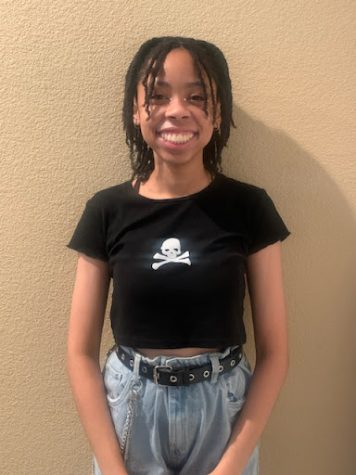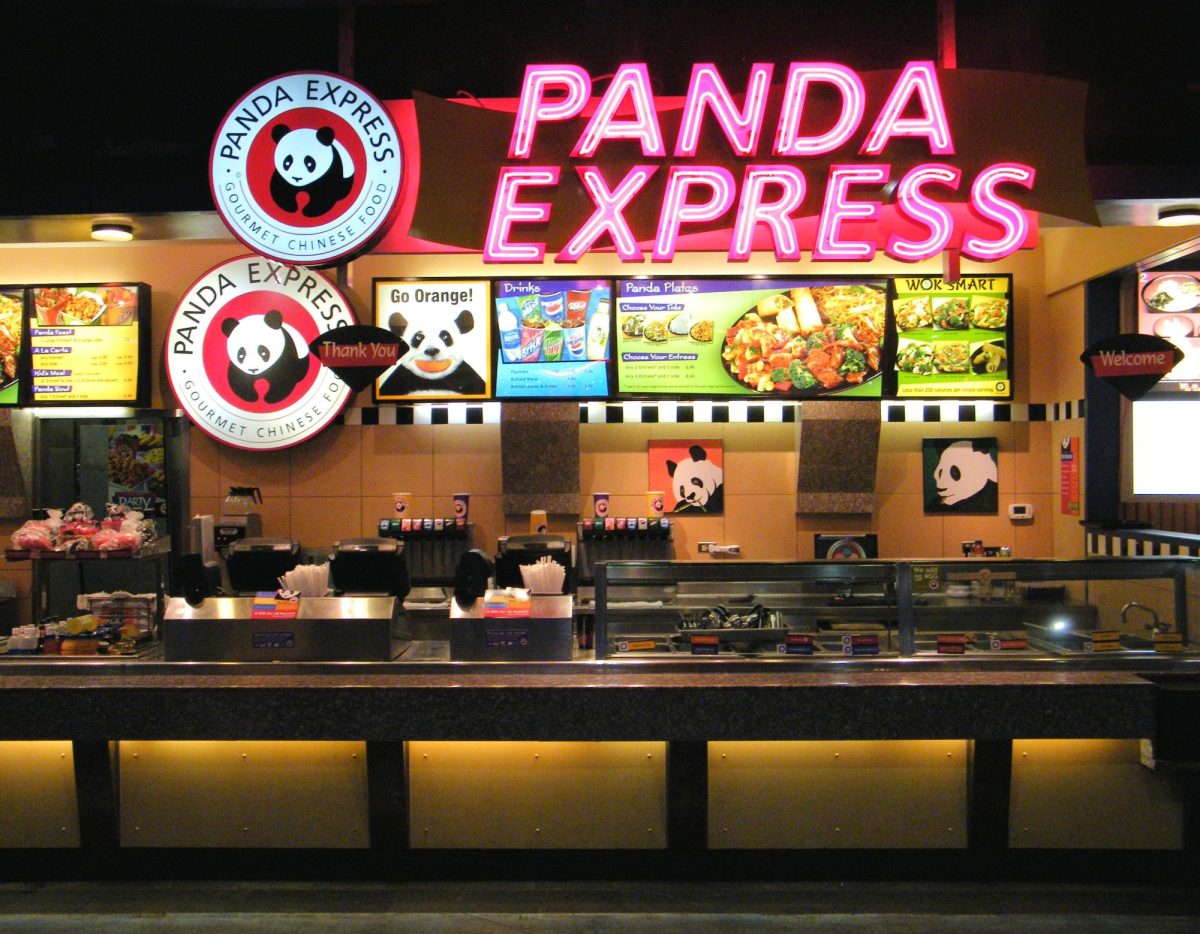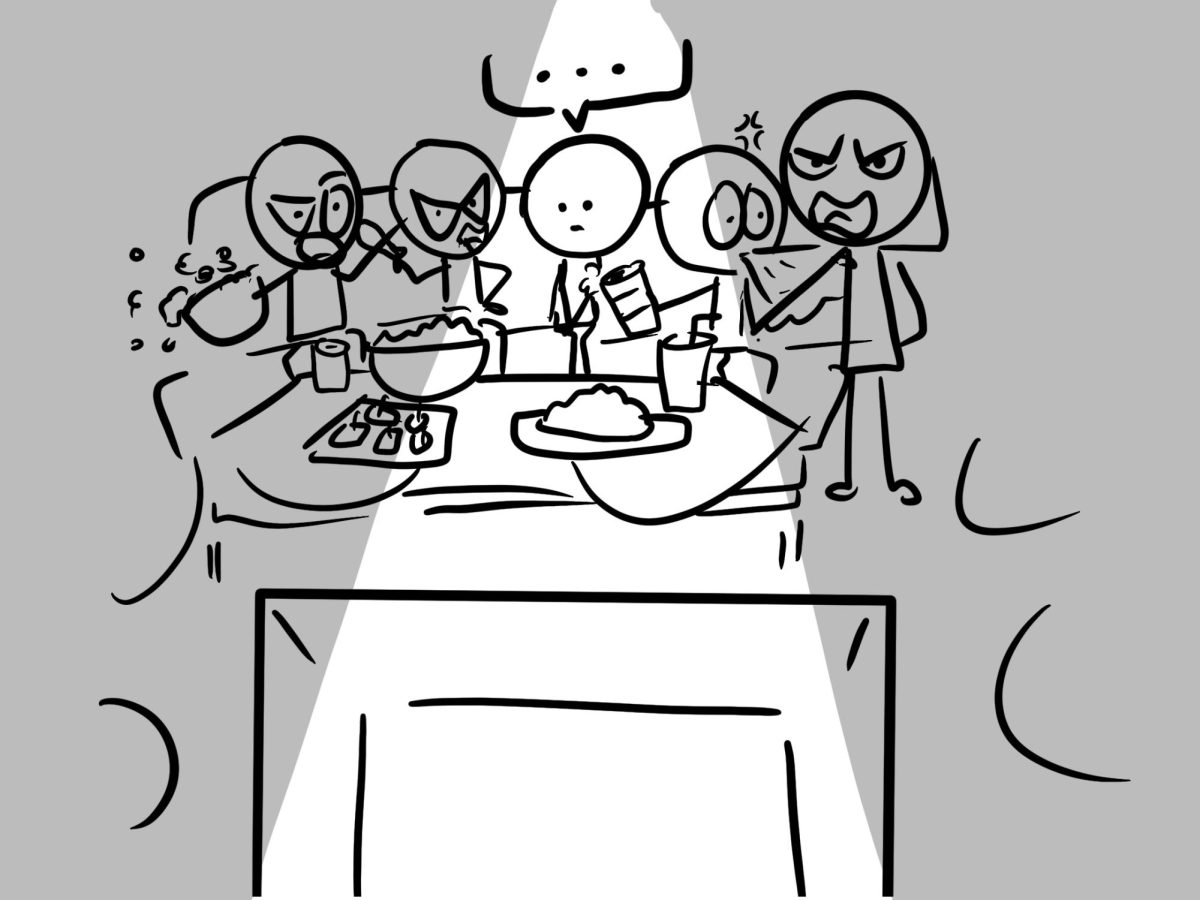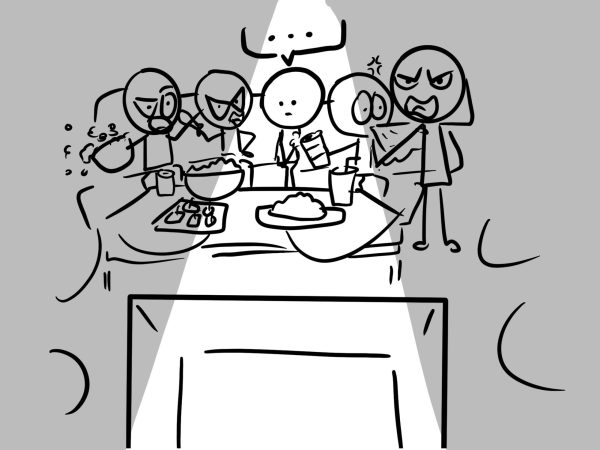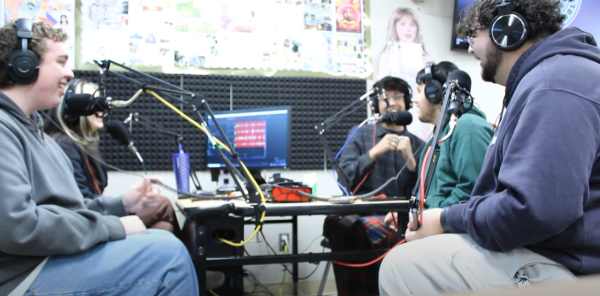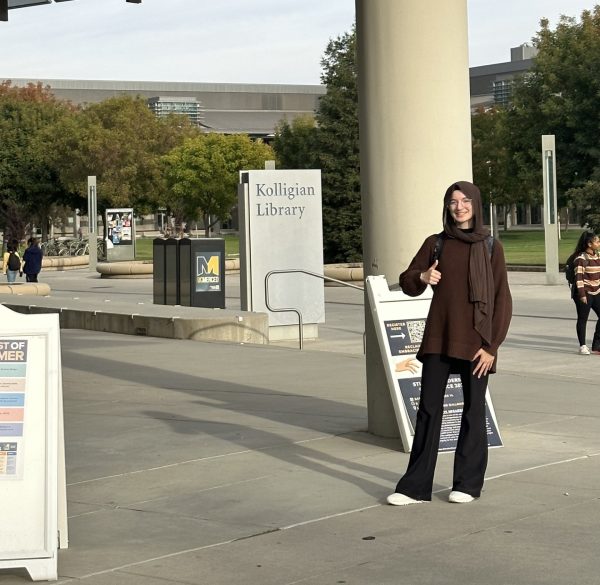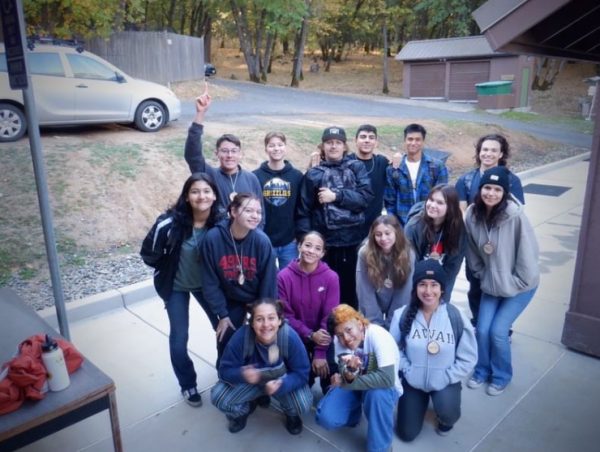Our cultural differences aren’t that different
Students find commonality amongst their cultural backgrounds
October 6, 2022
Everybody may or may not have expectations they are expected to fulfill. I think sometimes it can feel lonely and pressuring to have to deal with. But one thing I’ve come to realize is that identity and the cultural expectations every individual has may not be as unfamiliar to someone from a different culture than we realize.
Freshmen student, Ashleena Kumar, is Indo-Fijian (Indian Fijian) and was born in America. She communicated that as amazing and beautiful her culture is, “there are many expectations for both my family. I am expected to do the best in my classes, and my family is obsessed with our legacy and how others view us. Therefore growing up I had many responsibilities. I am expected to respect my parents and elders. I can’t give my opinion or say that I disagree with anything because they will see it as disrespect. My feelings get invalidated often and it’s difficult to talk to them or seek comfort in them…If we do not meet those expectations we are told we are not good enough…I would be seen as a disgrace to the family…Anything less than the best is not allowed.”
She expressed that she also feels like an outcast often within her community due to being born in America. “Often when talking to my family in Fiji it’s difficult for me to communicate due to having an accent which makes my language Hindi a little harder to understand for them. Also with being born in America, I often have a lot of different outlooks on topics that my family don’t understand, an example of that would be the LGBTQ communtiy being postive while theirs is negative.”
In contrast, Jazmin Lopez, a senior, is Mexican American. Her dad’s parents are from Guanajuato and her mom’s parents are from Zacatecas. Both her parents grew up in America. “My parents haven’t pressured me to be a certain way because of who we are, but I visited my step dad’s family for the first time in 3 years (in Durango) and I feel like they judged me because I wasn’t like them. I didn’t dress like them or listen to the same music they listened to. That may not seem like a big deal to some because, ‘who cares what they think?’ but it just felt awkward (and embarrassing) not fitting in, especially since we’re supposed to be family” Jazmin expressed. “No one in my intermediate family tells me how I’m supposed to be. My grandma might remind me once in a while to learn Spanish or my step dad might tell me I should know how to seriously cook food right now, but nothing extreme. But, it would be nice to have grown up more involved in my culture. I have Mexican friends, and even my family in Mexico who flaunt our culture and I just think it’s so rad. If I tell someone I’m Mexican, I’m pretty sure they’re going to expect me to know Spanish. I know there’s stereotypes and what not. That Latinas are loud and “promiscuous” but I never let them affect me. With any racial or ethnic stereotype, they’re harmful and just not true.”
“If I’m going to describe who I am, I’m including American because I feel it’s unfair to call myself just Mexican. Plus, someone in my community may not see me as a “true Mexican” or maybe not one at all. I’m not fluent in Spanish, I don’t participate in cultural traditions, and there are some things in my culture that I’m not educated in. I think the language barrier plays the biggest role in the disconnect to my culture. My parents didn’t teach me when I was younger. It wasn’t until I met my stepdad did I start learning some Spanish. For the past year, I’ve been putting some more effort into learning. When I was little, I used to dislike our culture, I hated the music, food (I know, that’s really crazy to say) and I didn’t want to speak Spanish. I’m not sure why I ever felt that way. It’s really silly to look back on now. I love all kinds of Spanish music and don’t even get started on aguachiles because they’re so good. Of course there’s more to Latino culture in general than just food and music.” She concluded that, “people want to connect with those who they can relate to and I can’t relate to the average kids who grew up in Mexico, or someone with immigrant parents. It’s hard to explain, but it’s just something I’ll never have.”
Lastly, I’m African American and grew up in California. I have a lot of love for my community, but for a while I’ve struggled with identity. In the black community, there’s common appearances, mannerisms, speech, etc. that many embody. It’s often expected of the youth to fit those molds. When someone doesn’t, those in the community tend to look at them weirdly. There are so many unique black people who are treated terribly by their own people because they challenge what is expected of them. Sometimes I personally feel like an outcast; like I can’t be myself in my own community because I don’t do or like certain things that people assume I would like or do because I’m black. There was an instance when I attended a family reunion in Tennessee. I was told that I sounded “white.” I never knew how to respond to that statement because I grew up in California my entire life. I talk like the majority of the people who live here. It’s not something I really have control over. So, being told I sounded “white” made me feel weird like I wasn’t black enough to be part of the culture. One thing I had to learn is that your identity defines who you are. Specifically created for you and you alone. But it’s too easy to drown in other’s expectations. Soon the person you see in the mirror is a stranger and unfortunately I’ve had to deal with this many times.
This extends beyond just how other black youths and I are expected to act or look, it can be seen when talking about other topics as well. Christianity is a big party of the black community. I especially see it implemented by the older generation. I grew up in the church and feel expected to continue practicing Christianity as I get older. Most, if not all of my family is religious and have major roles in the church. I refuse to tell them that I’m not religious because I know it won’t go well. And with religion comes homophobia. Either people in the community don’t get it or don’t want to. Too many black people, especially the black youth, have been abused and/or kicked out for coming out. Some have been accepted but treated differently. It’s good to know that eventually I can come out to my parents. But it’s a huge problem that I don’t feel comfortable enough coming out as queer to my extended family. They have no clue and I don’t know if I want them to know. That really messes with my head to be honest. Lastly, mental health, which is tremendously ignored. You are expected to work hard, get an education, and get a job. It feels like you are not allowed to not be okay. And when you admit that you aren’t, they tell you you’re fine and to pray. But that might not be the solution everyone needs. Therapy needs to be considered more. The amount of generational trauma and undiagnosed mental illness you see in black families is really sad and telling.
To the untrained eye, these stories, cultures, and experiences are all completely different. But when you dive deep you can see the similarities presented. In a way it’s comforting to know that you’re not alone. That other people in different cultures have similar struggles or experiences you have. And yes, there are some obvious differences; some of us feel pressure in places others don’t and vice versa but we are more like each other than I thought when I first decided to write about this.
There’s also something to be said about each story. All of them have so much importance and more conversation should be around the struggles and/or experiences each one mentions. I think it’s important that we are willing to listen to everyone’s story before being quick to judge. You never know the pressure or judgment someone is going through. Your own identity can be hard to navigate with so many different factors in your life. But being willing to talk about it is a big step in the right direction. Because how are we truly expected to progress if we aren’t willing to address important topics?


